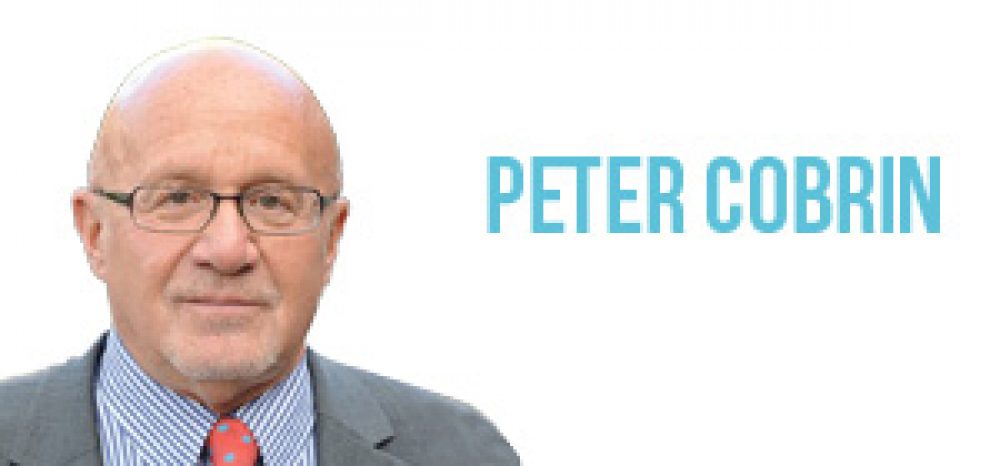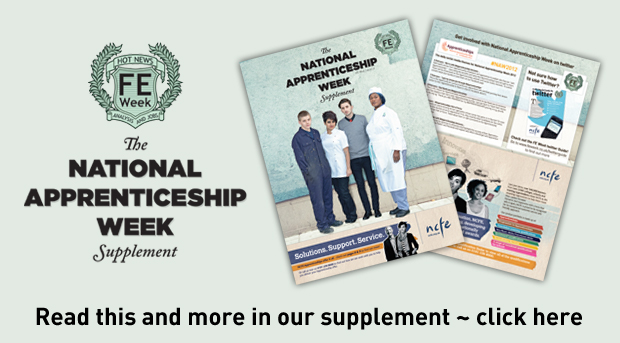It’s a mess. Anyone who thinks the current or proposed system for providing information advice and guidance (IAG) to young people is fit for purpose is either a fool or a knave.
Ask young people!! Or ask Lord Browne whose report provided the basis of the new tuition fees regime and had a remarkable amount to say on this.
Contrast Alison Wolf who avoided the subject entirely in her report on vocational education, although in conversation did say “don’t take me there” when asked what she would be saying about IAG in her report.
Schools get a real hammering when it comes to advice and guidance. Research by the Sutton Trust shows that half of young people consider the advice and guidance that they received before making choices to be inadequate. Other reports have highlighted that careers professionals have a low status within schools; they lack understanding of the range of options available to pupils and do not have enough time to advise them in depth.
I challenged a large group of advisors at a conference last year to identify which degree subjects had the lowest rate of employment after six months and not one knew the answer.
My particular concern is the way that vocational pathways, and apprenticeships in particular are simply not getting across as schools intensify their obsession with academic league tables”
Back to Browne, he said: “Students need access to high quality information, advice and guidance in order to make the best choices. Improvements are needed.
Providing students with clearer information about employment outcomes will close the gap between the skills taught by the higher education system and what employers need. Institutions have a responsibility to help students make the right choices as well.
“Every school will be required to make individualised careers advice available to its pupils. The advice will be delivered by certified professionals who are well informed, benefit from continued training and professional development and whose status in schools is respected and valued.”
What evidence do we have that this is going to happen? I have direct experience of what is happening across a range of schools and it isn’t pretty.
I also see some rather questionable operators seeking a commercial opportunity by offering IAG services into schools.
My particular concern is the way that vocational pathways, and apprenticeships in particular are simply not getting across as schools intensify their obsession with academic league tables, and as we all know, make life very hard for those who wish to present their pupils with alternatives to university.
It is time that the post-16 providers – both FE and private – and accreditation bodies worked together to provide an advisory and guidance service that ensures that young people hear the message about quality vocational pathways.
And if they can’t talk to the schools, they should talk over the schools direct to young people, using social media and all the other communications platforms that, for example, the National Apprenticeship Service (NAS) seems incapable of exploiting.
We know that talking directly to young people works if you use their channels and their language.
The success of notgoingtouni is directly attributable to this mastery of the media and this approach provides a roadmap for providing IAG.
A sequential combination of online information, moderated guidance through online careers-oriented forums, and direct one-to-one support through mentoring – online or face to face – would undoubtedly be successful.
Is anyone listening?
Peter Cobrin is National Education Director for www.notgoingtouni.co.uk








I’m listening…
IAG is a bit of a ‘that old chestnut’ issue; I’ve been in the sector since TEC days and the two debates of ‘parity in vocational education’ and ‘informed decisions based on good IAG’ have been bounced around since well before my arrival.
It is a huge challenge, to provide each individual with accurate and informative IAG; however the stock solution over the last 12-15 years appears to have been ‘restructure and rebrand’ the national support network. Digital and social media is the way forward (certainly for the next few years) for the people whom we are trying to engage with and make a difference; the sector needs to identify a lead and resource to really do this well. Keep it simple. What’s in it for you, why you might want it, how you get it…etc, etc
Is anyone listening? Well, one thing’s for sure – the government aren’t! Their approach amounts to the completely ludicrous idea that schools will stump up the cash to replace the careers advisory service which used to be funded by the government. Will this happen? Of course not. It is hard to disagree with the logic about internet solutions increasingly filling the void created by the abolition of professional, independent and (this is crucial) face to face guidance. If state provided services for young people are withdrawn then young people (and parents) will turn to the web and social media for information and advice. Some of the advice on offer will be relevant and of high quality no doubt. Much of it will be of poor quality and will just serve to further confuse the recipient. This is where independent, properly trained careers advisers are worth their weight in gold. Peter is correct to mention the failings of some provision under previous arrangements but these could have been avoided if those running things had listened to the profession. They didnt and now what we have is a disorganised, incoherent free for all. The situation could (with sufficient political will) be retrieved – even at this late hour. But this would require clear sighted leadership and the investment of public money. What are the chances?